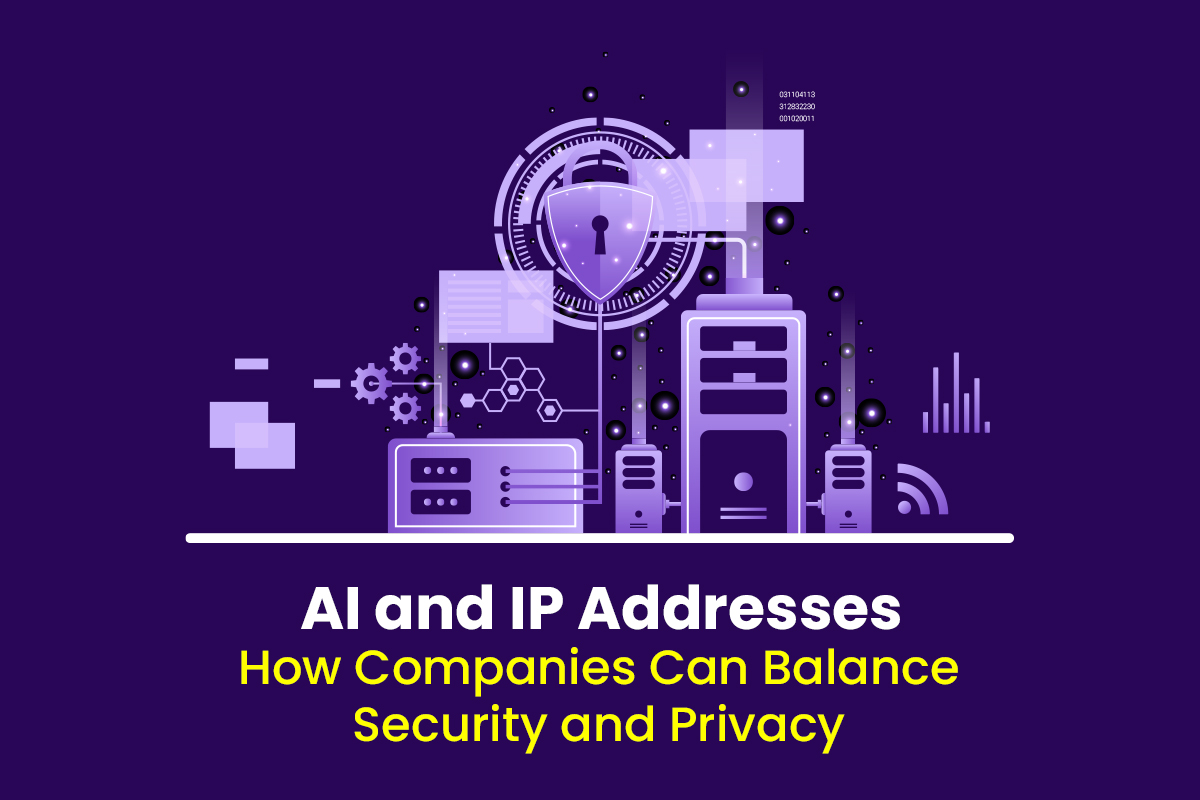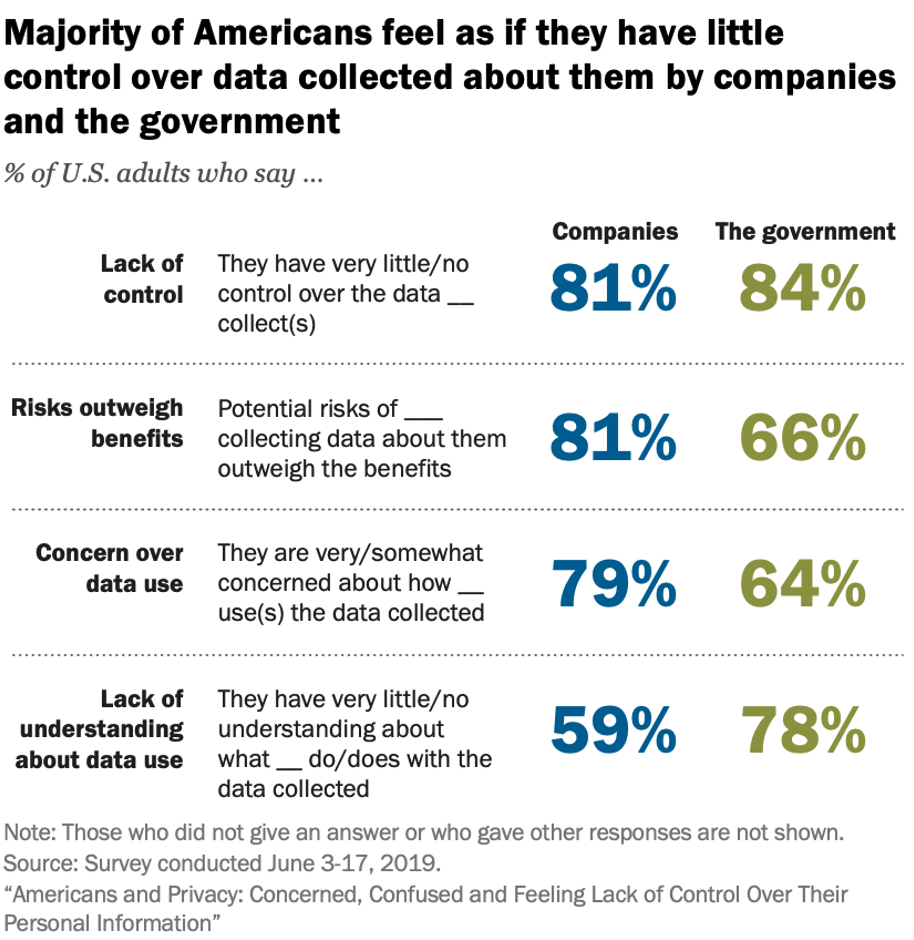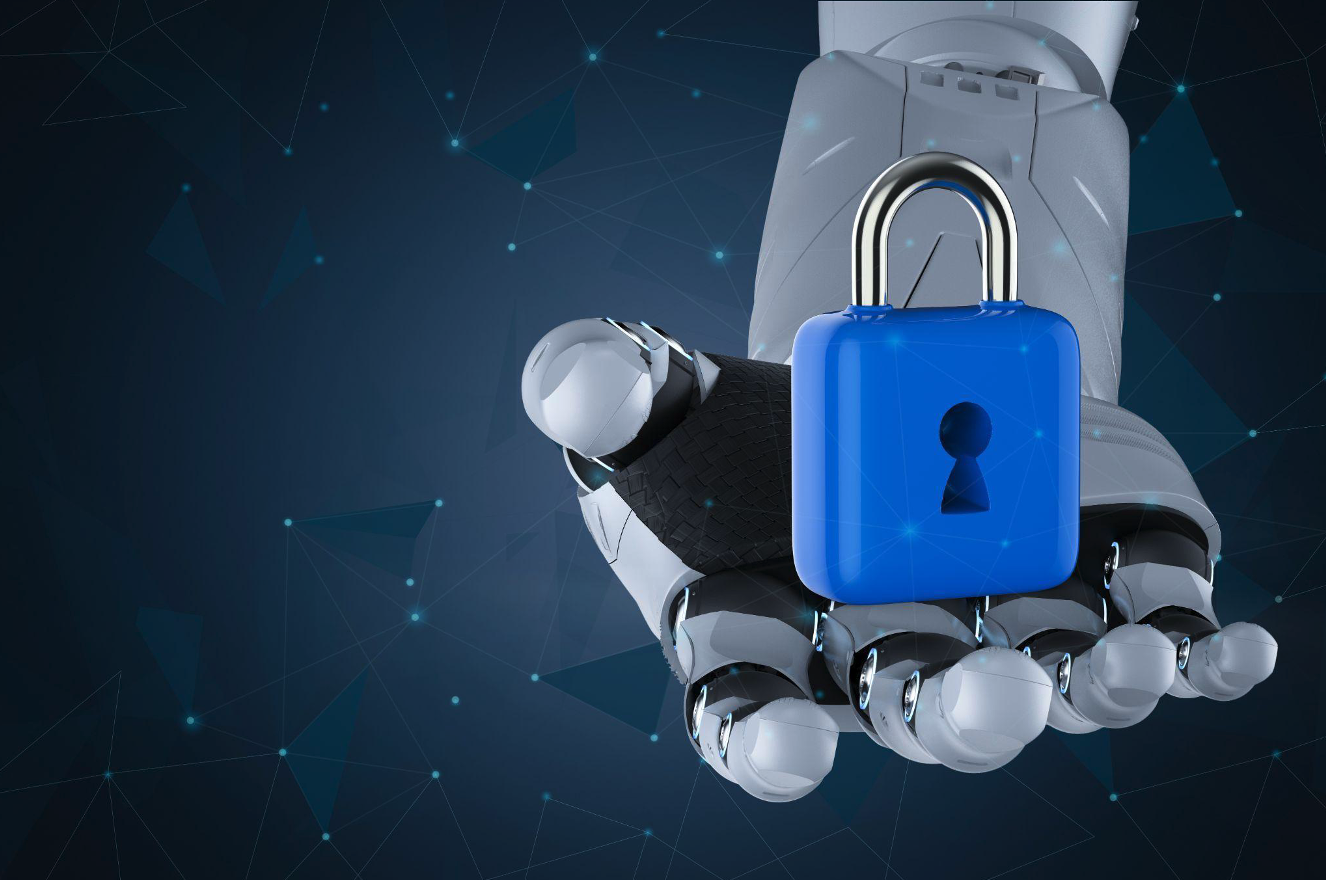
AI and IP addresses are becoming a bigger topic for businesses everywhere. As companies rely more on AI systems to power their operations, they also find themselves handling large amounts of data, including IP addresses from customers, employees, and even partners. The connection between AI and IP addresses opens up many opportunities, but it also brings serious challenges when it comes to privacy and security. That’s why companies need a smart strategy to manage both — keeping their data safe while respecting privacy laws and customer trust.
AI and IP Addresses: The Security Side
When companies use AI tools, especially for customer interactions, fraud detection, or cybersecurity, they automatically collect IP addresses. These small sets of numbers might look harmless at first, but they work like digital fingerprints, showing where users are, what devices they use, and even giving hints about their browsing habits. AI loves this kind of data because it helps detect unusual patterns, block suspicious traffic, and keep systems secure.
If you want strong cybersecurity powered by AI, IP addresses play a big role. AI can scan logs in real time, spot suspicious IP addresses, and block them before they cause harm. A sudden spike in login attempts from a high-risk region could trigger extra identity checks or even a temporary block. That’s the kind of fast action companies need to stay ahead of cybercriminals.
The tricky part is this: the more IP data companies collect, the more attractive they become to hackers themselves. According to IBM’s 2024 Report, the global average breach reached $4.48 million, which increased 10% from the prior year. IP addresses might seem like a small piece of the puzzle, but in the wrong hands, they become valuable data for attackers trying to map out networks or launch phishing campaigns. That’s where privacy comes into play.

AI and IP Addresses: The Privacy Challenge
On the flip side, privacy rules are getting stricter, and IP addresses are officially classified as personal data under laws like GDPR and CCPA. That means companies can’t just collect, store, and use IP addresses however they want — they need clear policies and solid reasons for collecting this data, especially when AI is involved.
This is where companies often get stuck. AI thrives on data — the more, the better — but privacy rules limit what can be collected and how long it can be kept. If companies want AI to analyze user behavior, improve personalized experiences, or even detect fraud, they need to tell customers what’s happening with their IP data.
Finding the Right Balance: Security Without Overreach
There are smart ways to let AI use IP addresses for security without hoarding unnecessary data. One approach is IP masking, where companies store only part of an IP address or replace it with a random identifier. This way, AI can still detect suspicious patterns, but the full address is never stored long-term.
Another option is real-time processing. AI scans the IP address, makes a decision (allow or block), and the IP itself is never saved to permanent records. This limits the data companies hold while still allowing AI to do its job.
Geofencing is another useful trick. AI can check if an IP address comes from an unexpected location, like outside the usual operating region, and automatically add extra security steps. This helps block suspicious access without maintaining a massive database of IP addresses, which could become a privacy risk down the road.
Transparency and Consent: Why Communication Matters
According to the survey by Pew Research Center, most Americans report being concerned about how their data is being used by companies (79%) or the government (64%).

One of the easiest ways for companies to respect privacy is to simply be honest about what’s going on. If your AI system collects and uses IP addresses, customers should know. This doesn’t need to be buried in a 50-page privacy policy — it can be as simple as a clear notice at the point of data collection, explaining why you need the IP and how long you keep it.
Even better, companies can give users options. Let them choose whether they want advanced personalized experiences (which might involve AI analyzing their IP) or a more anonymous visit with basic features. This kind of transparency builds trust, and trust matters.
Another good move is limiting internal access to IP data. Only AI systems and cybersecurity teams should handle it — not the marketing team, sales, or anyone else who doesn’t need it.
Data Annotation and Datasets Matter Too
Behind every AI system that works with IP addresses, there are a lot of annotation tasks happening in the background. Companies need to label datasets with location types, device information, or network categories so that AI can understand what these IP addresses mean. Clean, well-annotated data helps AI spot threats faster and improve accuracy in things like fraud detection or personalized services. Without proper annotation, even the smartest AI struggles to deliver reliable results.
When companies train AI on datasets that include IP-related patterns, they need to make sure these datasets are handled responsibly, too. Annotated data should follow the same privacy rules, ensuring that personal information is either anonymized or properly secured before training starts.
Smart Policies Make It Work
Every company using AI and IP addresses should have clear, written policies. These should explain:
- What data is collected (including IPs)
- Why is the data collected
- How long it’s kept
- Who can access it
- What security measures are in place
Having these rules written down helps teams stay consistent, and if regulators ever come knocking, you’ve already got your answers ready. Plus, clear policies make it easier to train AI responsibly because the data pipeline follows the same rules from start to finish.
Don’t Forget Anonymization and Aggregation
AI doesn’t always need full IP addresses to work well. Often, it just needs general traffic patterns or regional trends. By anonymizing or aggregating IP data before feeding it into AI models, companies get useful insights while protecting individual privacy. This works especially well for things like user behavior analysis, regional sales tracking, or trend forecasting.
AI Can Learn to Respect Privacy
The AI itself can also be trained to follow privacy rules. Companies can build privacy filters directly into AI pipelines, so the system automatically masks or discards unnecessary data after processing. Privacy-first AI is not only possible — it’s a smart move for any company that wants to stay ahead of changing laws.

What’s Next for AI and IP Addresses?
This isn’t a short-term challenge. As AI becomes more advanced and companies rely even more on data, the connection between AI and IP addresses will only grow. Regulations will likely get tougher, and customers will expect more control. Businesses that find creative ways to use AI without stepping on privacy will stand out as leaders in their industries.
Conclusion
The link between AI and IP addresses is here to stay. AI needs data to get smarter, and IP addresses are part of that data. But privacy laws are tightening, and customers are watching. The companies that get this balance right — allowing AI to enhance security while protecting privacy at every step — will build the trust they need to succeed in the future.
Share this post
Leave a comment
All comments are moderated. Spammy and bot submitted comments are deleted. Please submit the comments that are helpful to others, and we'll approve your comments. A comment that includes outbound link will only be approved if the content is relevant to the topic, and has some value to our readers.

Comments (0)
No comment